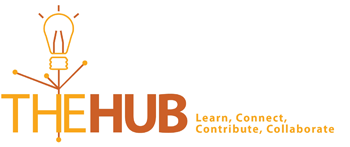We document best practices, work on capacity building programs and invest in knowledge management. View our publications to learn more.
PUBLICATIONS

The Hub used to be our online capacity building platform, between 2000-2010, and was meant to facilitate knowledge sharing, peer learning and collaboration. Do click here to view our archived capacity building modules, publications and reports. We have since moved our capacity building to TheCityFix Learn platform – www.thecityfixlearn.org
